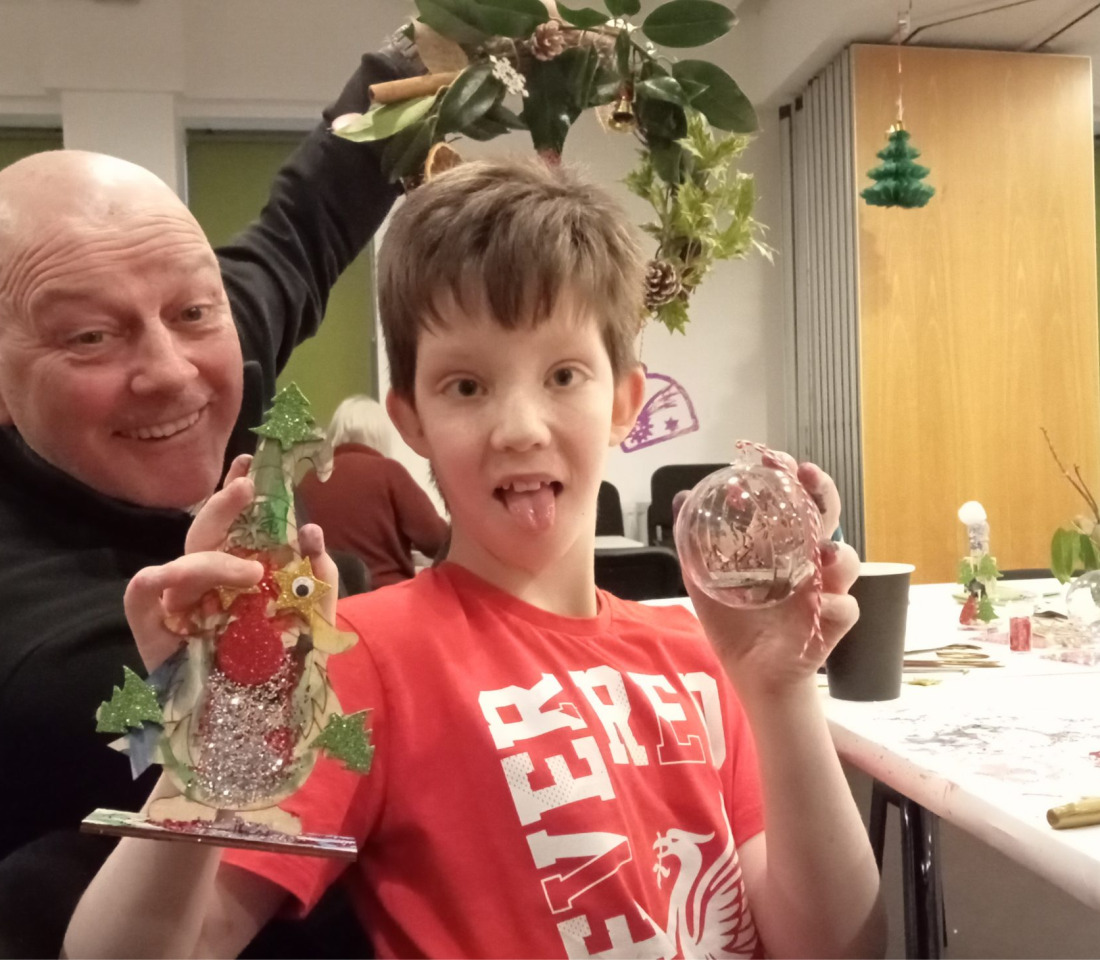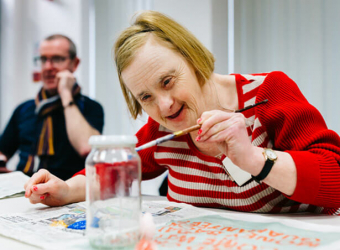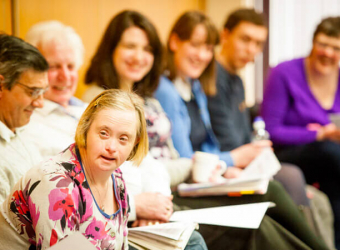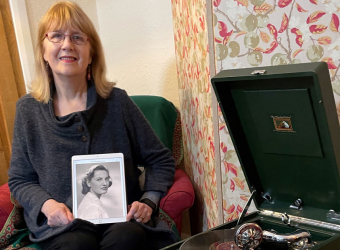What is progressive supranuclear palsy?
Progressive supranuclear palsy (PSP) is a rare progressive neurological disorder that can affect coordination, vision, speech and the ability to swallow.
What causes PSP?
The exact cause of progressive supranuclear palsy (PSP) is not fully understood, but it is linked to the abnormal accumulation of a naturally occurring protein called tau in the brain.
Tau is usually broken down within the body, but for those with PSP, this does not happen.
Too much tau in the brain can gradually harm brain tissue, resulting in degeneration of our bodily functions.
What are the symptoms of PSP?
Progressive supranuclear palsy is a progressive condition where symptoms worsen over time, which include:
- Problems with balance and mobility, with difficulty moving and coordinating the limbs
- Changes to vision, including blurred vision and difficulty controlling the muscles around the eye
- Loss of ability to speak clearly, speech may be slurred and the patient may struggle to find the correct words
- Difficulty swallowing
- Behavioural changes, including mood swings and low mood.
There is currently no cure for PSP. Treatment focuses on managing symptoms and improving quality of life through medications, physiotherapy, and other supportive therapies.
















